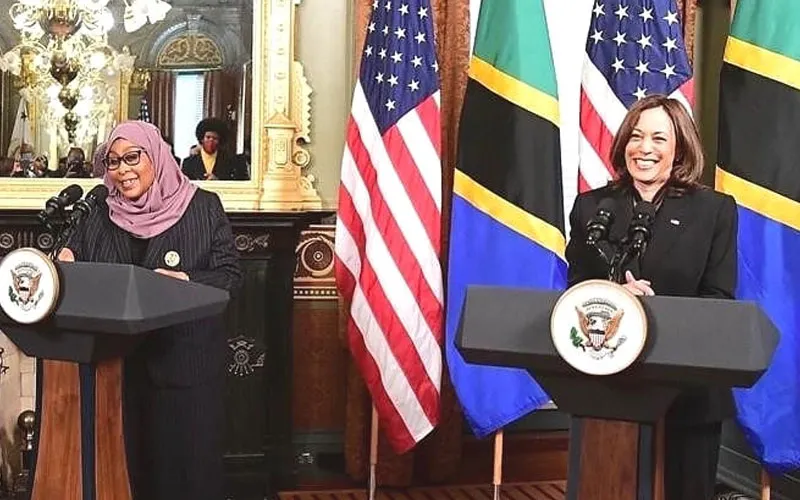Dar es Salaam, 29 March, 2023 / 9:00 pm (ACI Africa).
Officials of the Catholic Relief Services (CRS) in Tanzania have urged the U.S. Vice President who started her week-long tour of three African nations on Monday, March 27 to “address critical issues”, including climate change challenge that the East African nation is facing.
In a report published Monday, March 27, the officials of the humanitarian arm of the U.S. Conference of Catholic Bishops (USCCB) say that Kamala Harris’ visit to Tanzania scheduled for March 29 will happen at a time when CRS will be celebrating its 60th anniversary of presence in the East African country.
“CRS welcomes Vice President Kamala Harris' visit to Tanzania to address critical issues related to food security and climate adaptation, economic empowerment of women, and inclusive and sustainable economic growth,” CRS officials say.
In the report, the President and CEO of CRS says Tanzania has been experiencing adverse effects of climate change, including “unprecedented levels of food insecurity”.
“We see the impact of climate change in so many countries around the world, including Tanzania. It has led to unprecedented levels of food insecurity and threatens the livelihoods of farmers in many countries where CRS works,” Sean Callahan says.








